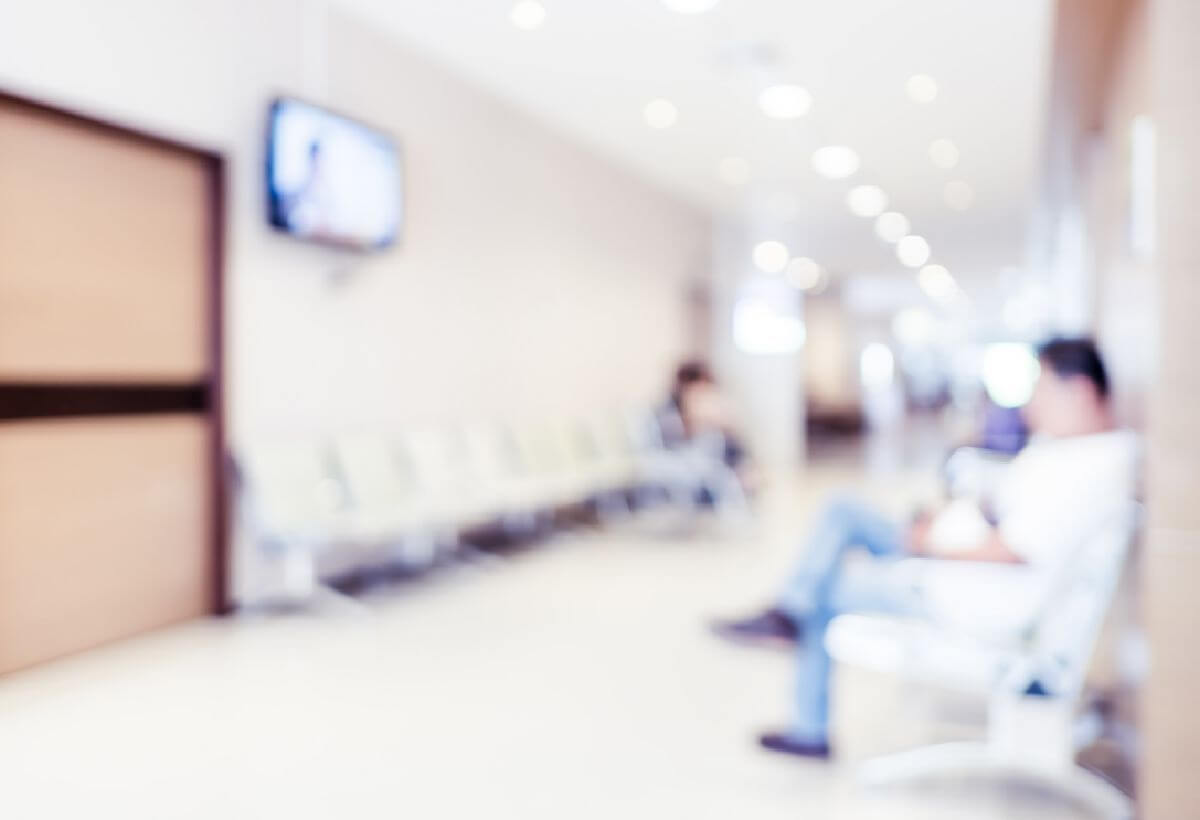What Is Drug Addiction?
Drug addiction is a disease that causes long term changes in the brain that's characterized by an uncontrollable urge to seek out and use drugs despite knowledge of all the harmful consequences. These alterations in the brain can cause dangerous behaviour in a person who uses drugs. Drug compulsion is likewise a backsliding illness. Relapse means going back after some time, to using the substance one had stopped using.
The way to drug dependence starts with the wilful act of using drugs. However, the mental strength to decide whether to use drugs or not is eroded with time. The desire to search for and make use of drugs will now rely on a very huge urge. This unrelenting craving results from the effects of the drug on the brain over time. The portion of the human brain that controls human behaviour, learning and memory, and reward and motivation are negatively influenced by addiction.
Addiction influences both behaviour and the brain.

Can Drug Addiction Be Treated?
There is, but it is a long journey. Drug dependency is a long-time illness from which it is not possible to quit at will and remain clean. Many of those under treatment need it over a long time or for the rest of their lives.
The addicts must be assisted to achieve certain things through the treatment for addiction, and they include
- Stop taking drugs
- Remaining clean
- achieve more productivity in the society in general and in the family and workplace in particular
Standards Of Effective Treatment
These values have been observed since some scientific research was done in the mid-70s as the foundation for a successful recovery plan
- Addiction is a complicated, chronic disease that affects the brain and behaviour, but it is treatable.
- No cure-all treatment plan fits everybody.
- Individuals need fast access to treatment.
- Viable treatment addresses the greater part of the patient's needs, not only his or her drug intake.
- Going through with the programme is essential.
- Advising and other behavioural treatments are the most usually used types of treatment.
- Together with psychological treatment, pharmaceutical drugs are also administered.
- A treatment plan must be evaluated frequently and adapted to suit the changing requirements of the patient.
- Treatment should deal with other potential mental disorders.
- The cleansing administered by medical personnel is the beginning step of the journey.
- Involuntary treatment for addiction can also be effective.
- Drug usage amid treatment must be observed constantly.
- People who use drugs easily contact communicable diseases such as HIV/AIDS, hepatitis B and C, tuberculosis, and others and as such, they should be tested so that their treatment can be taken into account during rehabilitation.
What Steps Are Involved In Treating Addiction?
Rewarding treatment has a few stages
- medical detoxification, when the body physically rids itself of the drug
- behavioural counselling
- medication for addictions to opioids, tobacco, or alcohol
- assessment and treatment for co-happening psychological well-being issues, for example, depression and anxiety
- long haul follow-up to forestall backslide
Success could be achieved through different types of care that come with customised treatment method and follow-up options.
Treatment ought to incorporate both therapeutic and emotional well-being services as required. Family or community based recovery support systems are some of the things involved in a follow-up care.
How Is Drug Addiction Treated With Medication?
The treatment of co-occurring health issues, avoidance of relapse and amelioration of the withdrawal symptoms are some of the cases where medications are needed.
- Withdrawal During the detoxification process, medication helps suppress the physical reactions. Cleansing the body is not the same as treatment, it only the beginning of the journey. Those who stop at detox will most likely relapse into drug abuse again. As revealed by a study of treatment facilities, 80% of the cases of detoxification involved medications (SAMHSA, 2014).
- Preventing A Relapse A patient can make use of medication to assist in re-establishing normal brain function and reducing cravings. Medications are accessible for management of opioid (heroin, prescription pain relievers), tobacco (nicotine), and alcohol dependence. Researchers are creating different solutions to manage stimulant (cocaine, methamphetamine) and cannabis (marijuana) dependence A person who uses more than one substance, which is really typical, require treatment for every substance he/she uses.
What About Behavioural Therapies And Drug Addiction
Patients are assisted by behavioural therapies to
- Change their conducts and practices linked with drug usage
- Upturn healthy life abilities
- Endure with different types of treatment, for example, medication

The settings upon which patents can access their treatments and the approaches used varies.
In an outpatient treatment programme, the recovering addict attends therapy sessions on appointed times. The majority of the programmes incorporate group or one-to-one substance counselling or both these forms.
Different types of behavioural therapy are dished out by these programs, and they include
- Cognitive behavioural therapy used to help the patient identify trigger circumstances where they are most vulnerable to taking the drugs and how to avoid them and move on to overcome the addiction
- Multidimensional family therapy in which not just the patient but also his/her family is involved able to sort out a lot of things and help the whole family cope with the changes and heal together
- Motivational interviewing has been used to prepare a patient to accept their problem and wants to change their actions by seeking help
- motivational incentives (contingency management), where abstinence from drugs is rewarded and motivated with positive reinforcements
Initially, a patient will receive many hours of treatment and will have to frequently attend clinical sessions if they opted for the outpatient therapies. After the completion of the in-depth treatment, a patient moves to frequent outpatient treatment, which does not meet as regularly and for fewer hours every week to assist with maintaining his/her recovery.
Inpatient or private treatment can likewise be extremely compelling, particularly for those with more serious issues (including co-happening conditions). Authorised residential treatment centre offers 24-hour organized and proper care, including safe lodging and medicinal consideration. Private treatment offices may utilize an assortment of remedial methodologies and they are for the most part gone for helping the patient carry on a drug free and crime free way of life after treatment.

Benefits of taking an inpatient treatment programme
- Rigidly structured programs where patients remain inpatient for 6 to 12 months are called therapeutic communities. The entire community, comprising treatment employees and patients in recovery, act as essential agents of change, affecting the patient's understanding, attitude, as well as conduct linked with substance use.
- Residential treatment that is shorter term usually focuses on detoxification and beginning focused therapy in preparation for follow up in a community based setting.
- Recovery housing that offers supervised, short-term accommodation for a patient, frequently after other kinds of inpatient/residential treatment. The recovery housing programme provides a bridge for the patients between the long term inpatient facility and re-joining the society; patients are helped to prepare for life on the outside by enabling them to look for jobs and learn how to take care and budget their money.
Coping With Joining The Community
The excessive urge to take drugs could be "triggered" by several factors within the brain, as the workings of the brain is altered by drug abuse. It's basic for those in treatment, particularly those treated at an inpatient centre or jail, to figure out how to identify, ignore and adapt to triggers they are probably going to be presented to after treatment.
